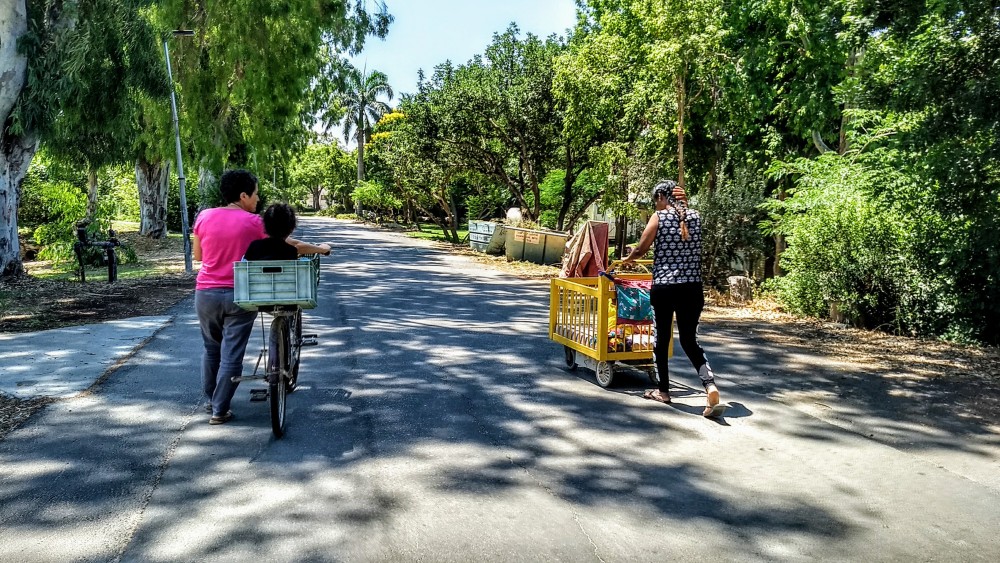Israel's collective farms offer a refuge to African migrants
The grassroots initiative mobilized in response to government plans to expel asylum seekers.

(The Christian Science Monitor) Under a canopy of jacaranda and eucalyptus trees, Rowha Dabrazion, an Eritrean asylum seeker, pushes her one-year-old daughter in a crib on wheels, a fixture of kibbutz life. Her five-year-old flashes a triumphant smile, enjoying her perch on the back of a kibbutz member’s bicycle.
A week after she arrived at this cooperative community along the shores of the Mediterranean, relief that she was no longer one step away from homelessness began to set in.
Just one month ago her husband left her and the children. She had quit her cleaning job to care for her baby daughter, and she found herself with no income and no idea where the money to cover rent and expenses would come from.





